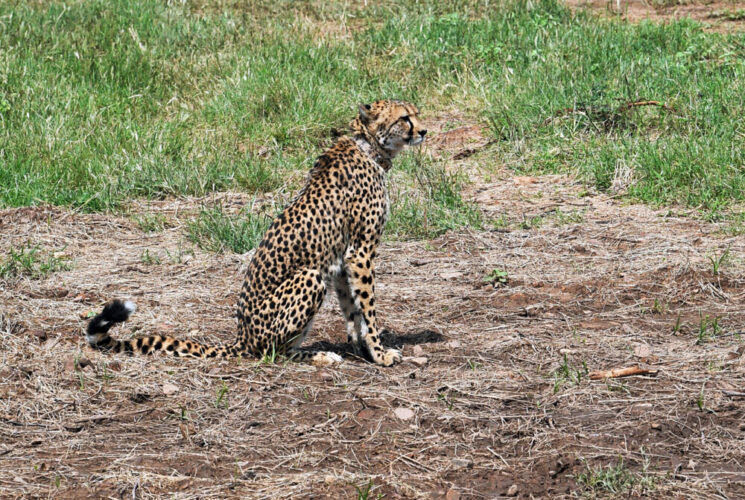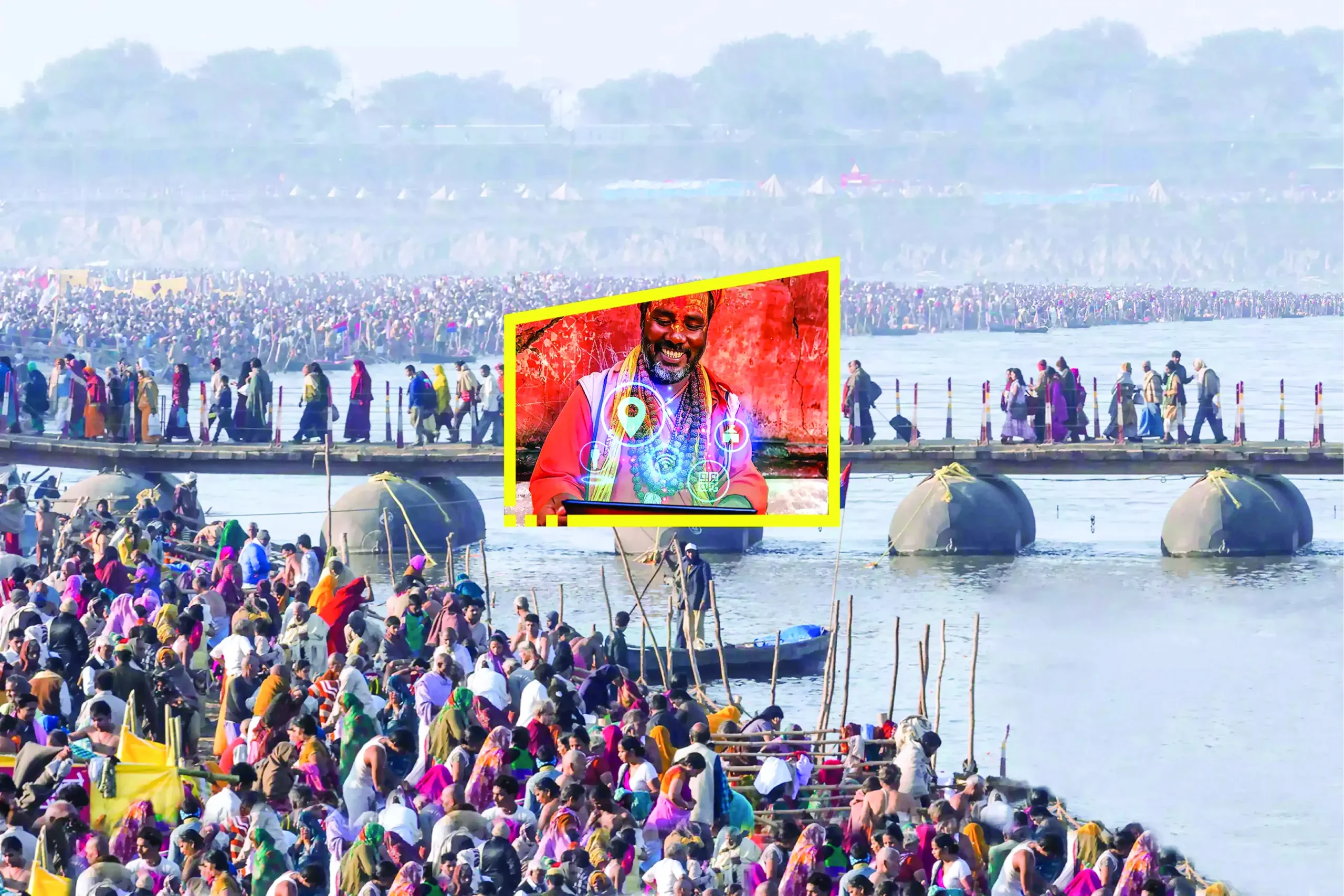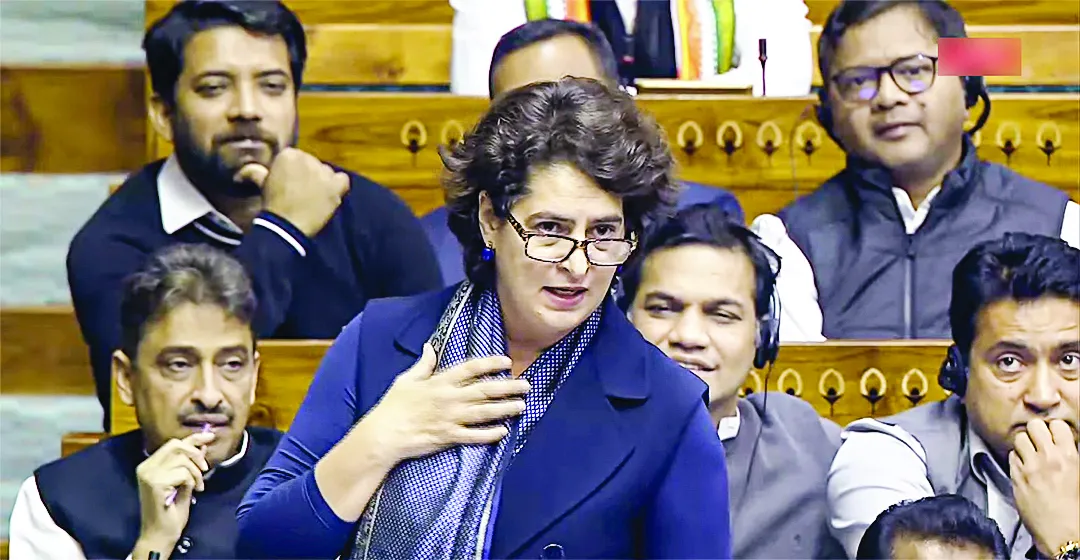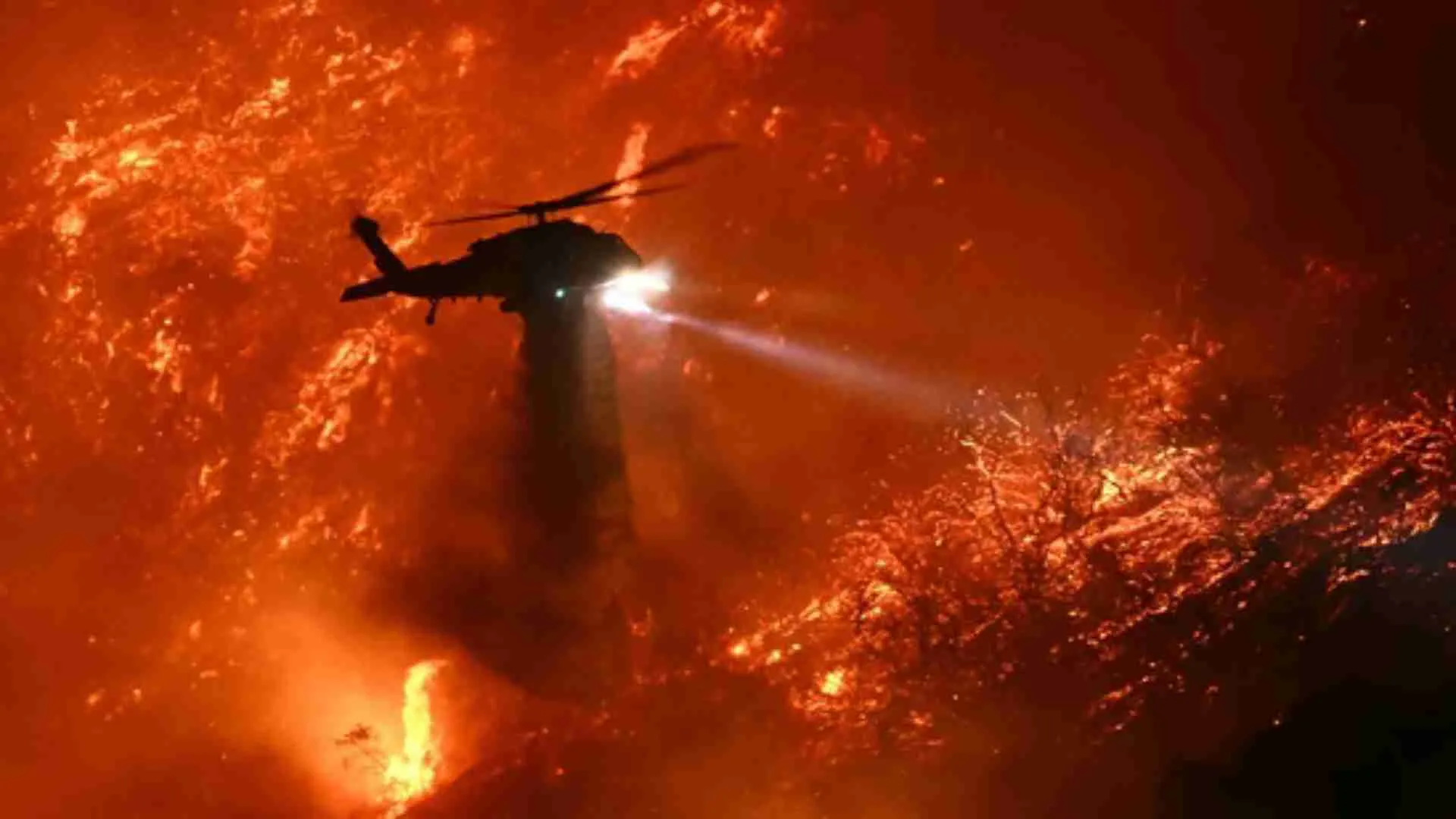Death of another cheetah in Kuno national park seems to have opened up Pandora’s Box. This is the second death of a cheetah. Interestingly, both the cats died even before they could be released in the open forest. There is another issue that has been baffling the team of the government officials and those from Cheetah Conservation fund (CCF). After the male cheetah Oban, now rechristened as Pawan, continued to move out of the 748 sq km jungles of Kuno, he was captured and put behind an enclosure. During its adventures beyond the Kuno boundaries, it was tranquilised twice before being jailed in a boma. Amidst all this, there are reports of the forest department of Madhya Pradesh writing to the Centre to look for the second home for cheetah, an issue already mentioned in the Cheetah action plan. In fact, Mukundura hills national park in Rajasthan is ready to welcome the cheetahs but the Centre is yet to take a decision in this regard.
From the very beginning, an international community of cheetah experts and biologists has expressed apprehensions over the carrying capacity of Kuno. They have also criticised the project for its “unscientific approach”. In India, the size of national parks and sanctuaries is small as compared to those in Africa. There are parks which are as big as 15,000 sq kms to 20,000 sq kms where iconic species like cheetahs, lion elephants, giraffes coexist. Not only this, many of these parks are fenced. The issue is debated as the project cheetah proponents defended the decision to introduce the cat in the smaller parks like Kuno which , like other national parks of India, is unfenced and spread barely across 748 sq km area in Sheopur district of Madhya Pradesh adjoining Sawai Madhopur district of Rajasthan where famous Ranthambore tiger reserve is located. India plans to release 21 cats in Kuno when experts believe it cannot carry even 10. They said one cheetah needs 100 sq km area, a point vehemently contested by the project proponents in India and also those from South Africa and Namibia.
In the first lot of Cheetahs that were brought from South Africa, there were 8 cats. Four were released in the open forest, one of them, Oban or Pawan, was brought back after it continued to move out. One female, Sasha, died on March 26. Three females are still in enclosures. After the latest cheetah casualty, there are 11 left from the lot brought from South Africa in February this year. It means there are 14 cheetahs remaining to be released in the open forest of Kuno, an issue staring at the officials of the cheetah project. After Sasha’s death because of kidney failure, the South African cheetah believed to have died because of stress caused by prolonged confinement. The 12 South African cheetahs were captured 9 months ago. There was a delay in the sighing of MoU, leading to continued confinement in enclosures. If Uday, the cheetah that died on April 23, was under stress, so could be the remaining 11. South African experts involved in the translocation recommend their release in the wild.
Imagine the plight of the field workers. Both Indian and those from Namibia track the cheetahs in the jungle. They chased Oban or Pawan beyond the boundaries of Kuno when the cat had reached the adjoining districts. Carrying equipment to track the animal, a team of 9 to 10 people had a tough time. If 14 more are released, it would require about 140 more people to track the animals 24X7. They should also be equipped with drones, vehicles, wireless sets among other things. Also imagine the noise created by the drones and the movement of so many people inside the jungle while tracking the animals.
The government is required to make a decision over the second home for the cheetah . Besides, about 4,000 sq kms area around Kuno bordering Rajasthan and Uttar Pradesh needs to be developed as a cheetah landscape.
And for doing this, the government needs to show a political will as this would require certain restrictions for the conservation of the iconic species. The cheetah action plan also said that more cheetah populations are required to be developed. The idea was to develop 3 to 5 separate cheetah populations. As per the Cheetah Action Plan-Kuno by itself is not viable for the long-term as the site is not big enough to have viable population and for that you need at least 3 populations and then move cheetahs between them as a managed meta- population; that is the vision of the cheetah project. Gandhisagar Wildlife Sanctuary spread over in Mandsaur in Madhya Pradesh and Chittorgarh in Rajasthan and Nauradehi in Damoh and Sagar districts of Madhya Pradesh were also selected as the second home but it would not only take time but huge sums around Rs 300 crore to Rs 400 crore to develop each of them . This would include the development of grasslands, prey base and shifting of villages.
But the best possible available and ready site for cheetahs is Mukundura. With grass lands in between, this mountainous jungle has a variety of trees and animals. In fact, cheetahs were to be brought first to Mukundura but zeroed in on Kuno.
A cheetah does not understand the administrative boundaries of a forest and follows its instinct. For the animal, its safety and prey are paramount. Before the translocation, cheetah’s movement outside the park was also expected. As the cheetah action plan also expects a high mortality rate, then why is there so much fuss over the death. It is happening because the cheetahs are dying before their release in the wild. Prolonged captivity of the animal is believed to be the reason and the progress for a second home is very slow.
Keeping all the cheetahs in Kuno will be like putting all the eggs in one basket. The government officials, who looked as stressed as cheetahs, needed to make a quick decision.

Deshdeep Saxena is a wildlife journalist, with more than three decades of experience. Besides, he is a blogger and writes for thewildlifeindia.com.






















